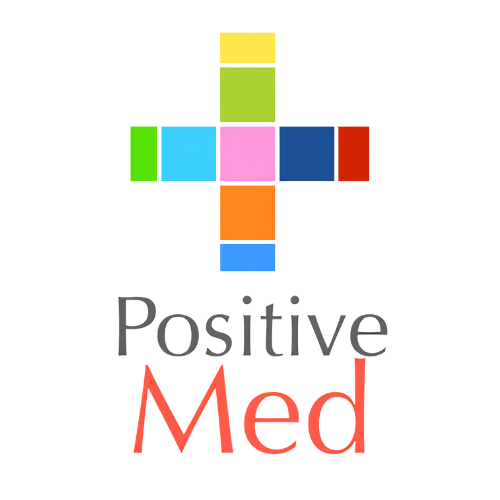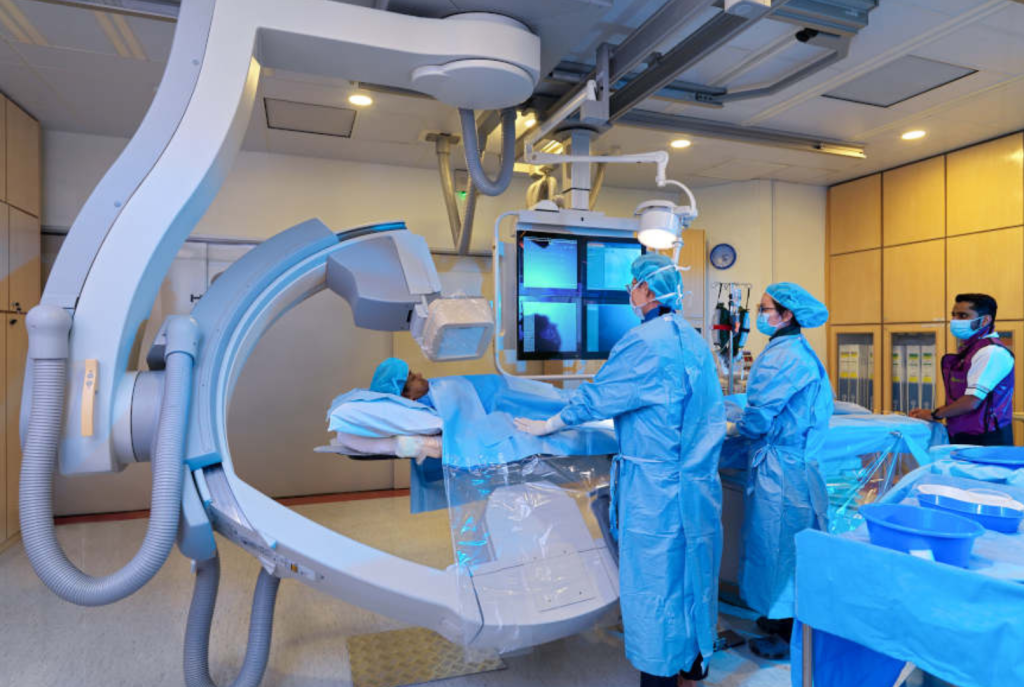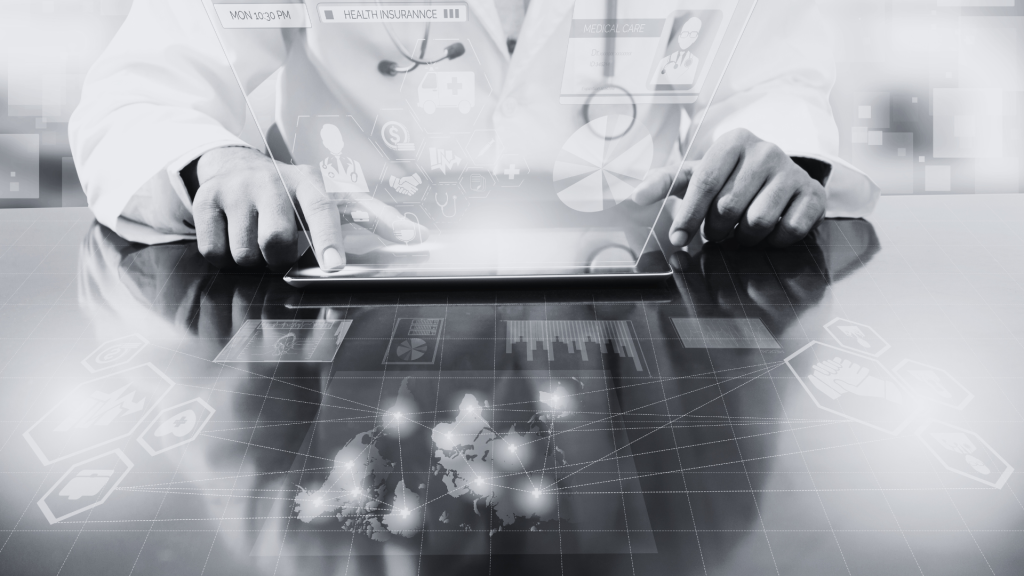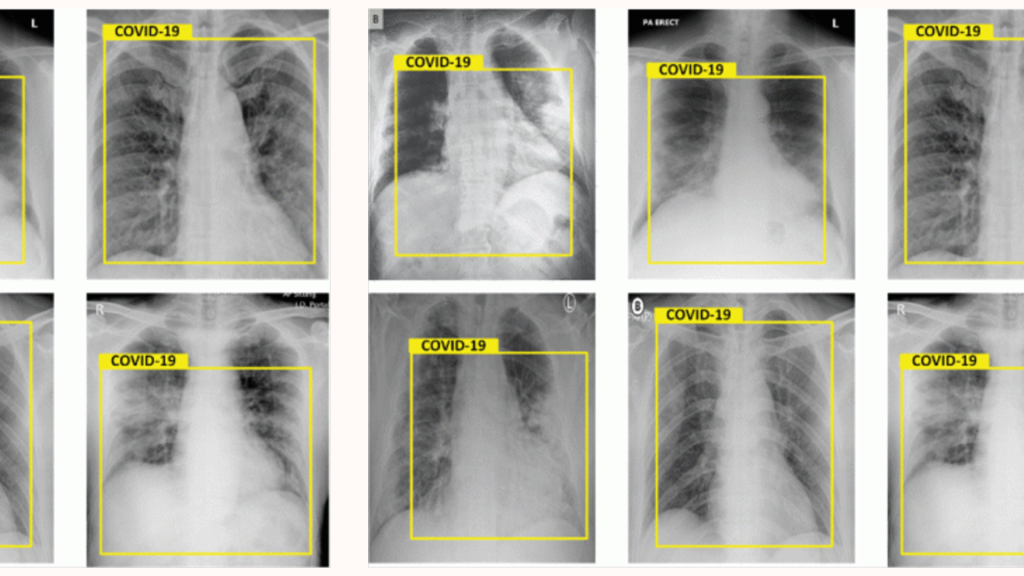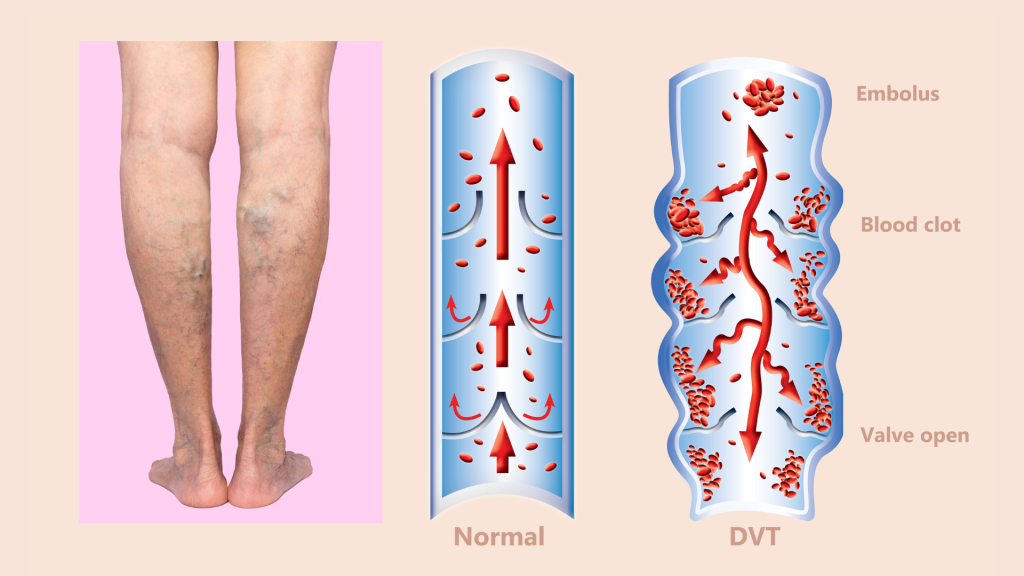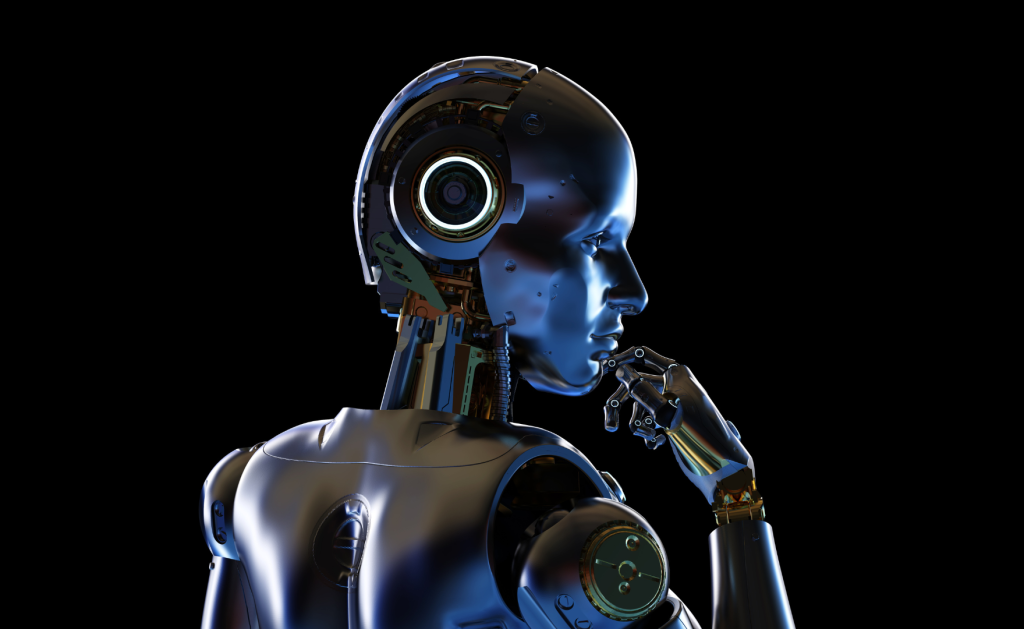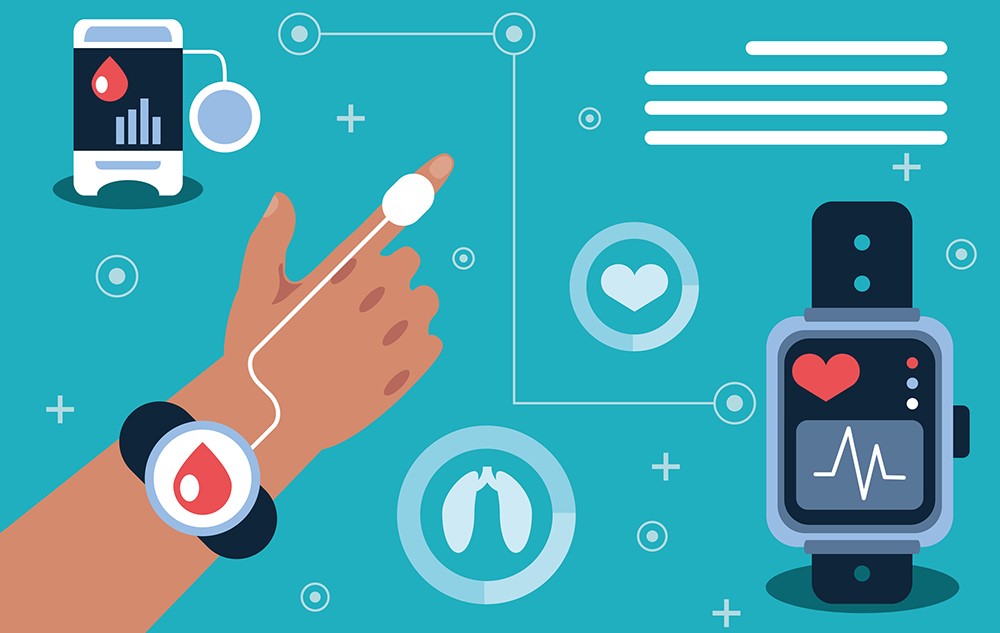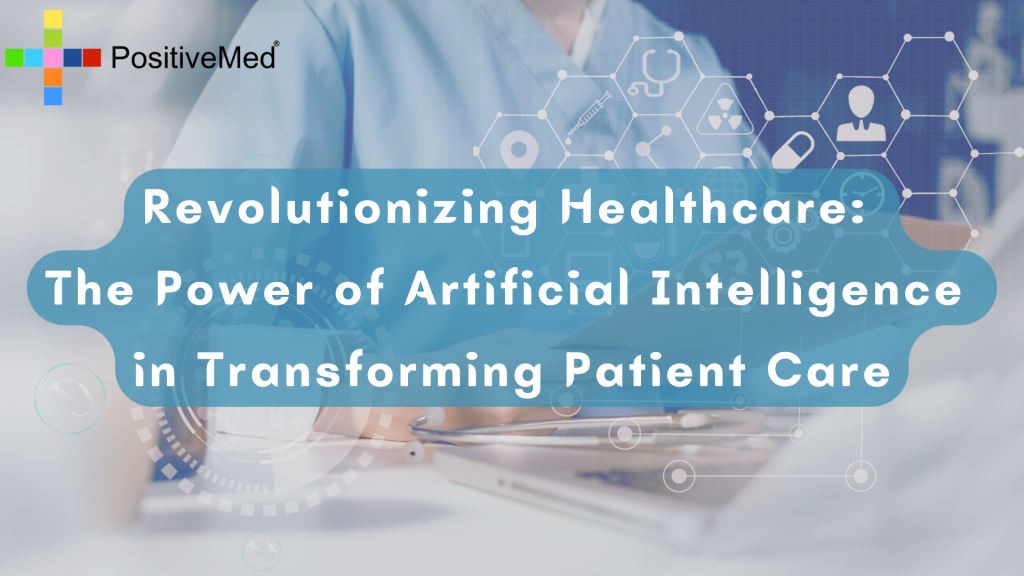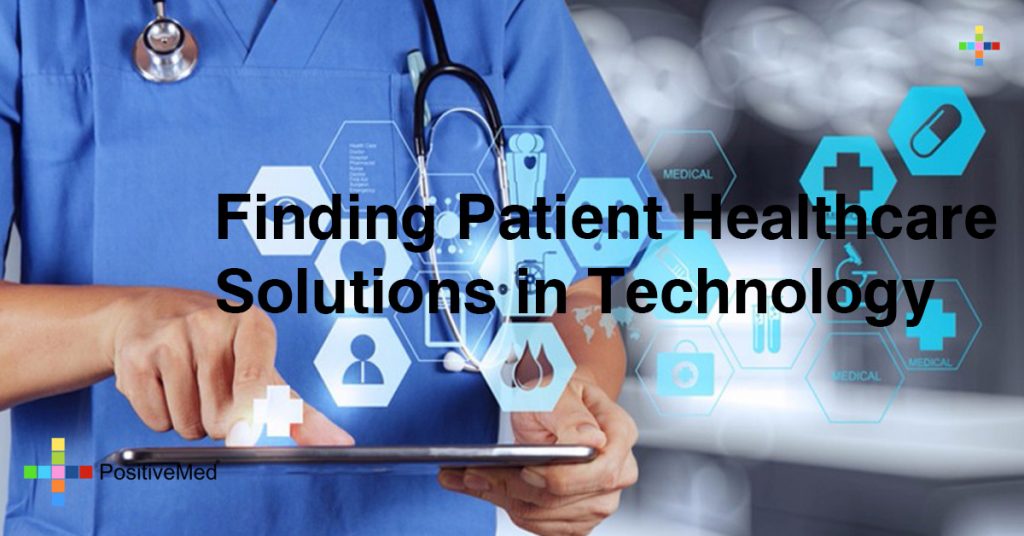MedLM by Google: Shaping the Future of Healthcare – What You Need to Know!
In an exciting leap forward, Google has unveiled MedLM, an innovative suite of foundation models tailored to meet the diverse needs of healthcare organizations through the power of generative artificial intelligence (AI). This groundbreaking announcement comes from a blog post exclusively shared with HealthITAnalytics via email. A Journey of Advancements Google’s stride in health AI […]
MedLM by Google: Shaping the Future of Healthcare – What You Need to Know! Read More »
